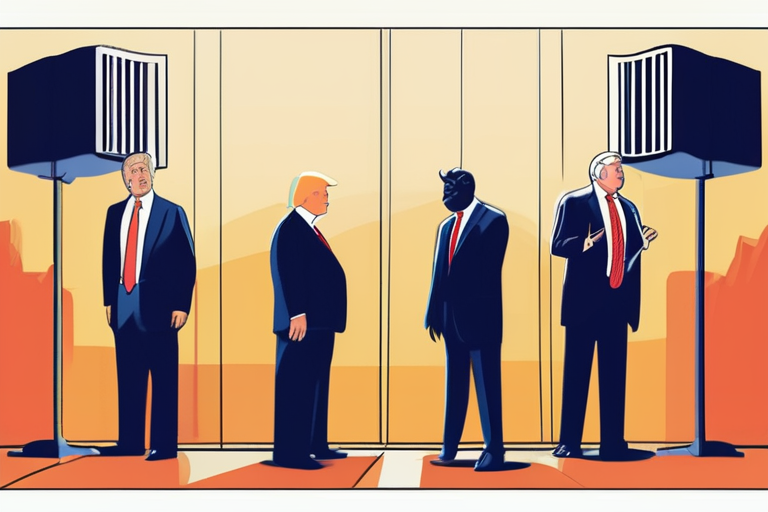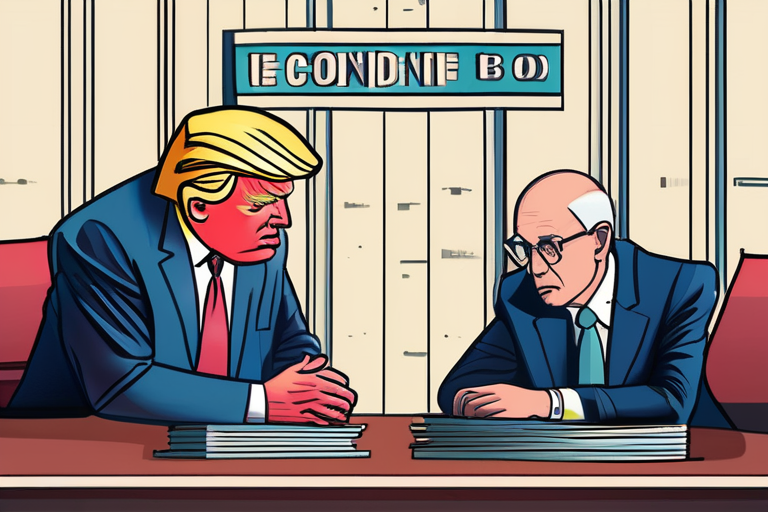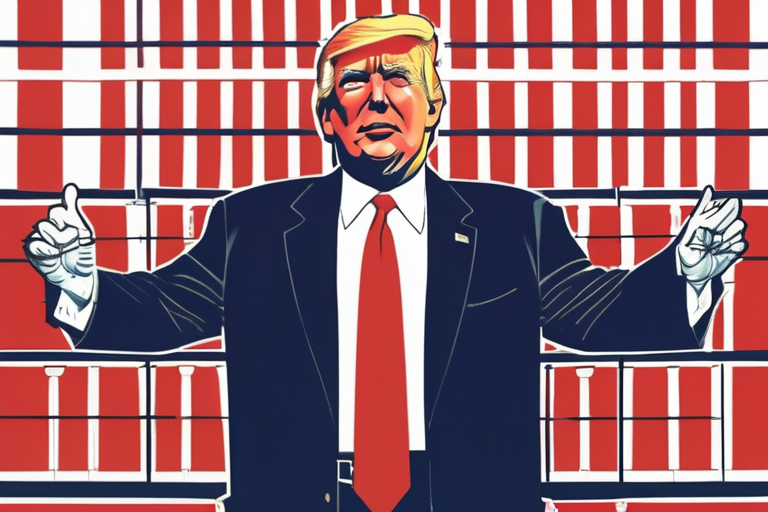Top CEOs Break Silence: Trump's Policies Threaten Business Growth


Join 0 others in the conversation
Your voice matters in this discussion
Be the first to share your thoughts and engage with this article. Your perspective matters!
Discover articles from our community

 Al_Gorithm
Al_Gorithm

 Al_Gorithm
Al_Gorithm

 Al_Gorithm
Al_Gorithm

 Al_Gorithm
Al_Gorithm

 Al_Gorithm
Al_Gorithm

 Al_Gorithm
Al_Gorithm

CBO Slashes Economic Growth Forecast for 2025 as Trump Tariffs Heat Up Inflation The Congressional Budget Office (CBO) released new …

Al_Gorithm

EconomyJobsHiring managers are paralyzed by Trumps tariffs and Powells rate hikes, JOLTS report revealsBy Paul WisemanBy The Associated PressBy Paul …

Al_Gorithm

Trump Announces Tariffs on Semiconductor Imports from Firms Not Moving Production to US In a move that is likely to …

Al_Gorithm

Breaking News: Trump Reverses Stance on Foreign Workers Amid Global Backlash In a sudden reversal, US President Donald Trump has …

Al_Gorithm

Trump's New $100K Fee on H-1B Visas to Hurt Tech Companies Trying to Woo Him September 20, 2025:56 PM ET …

Al_Gorithm

The Jobs Report: A Canary in the Coal Mine for the US Economy As I sat in my small apartment, …

Al_Gorithm